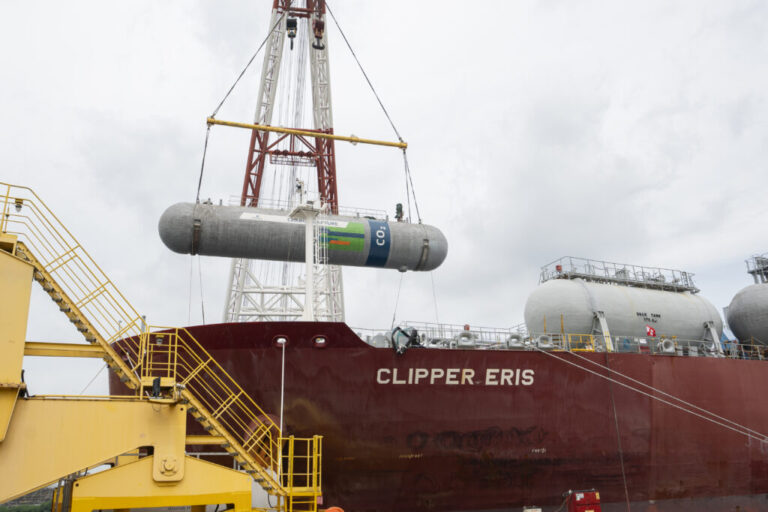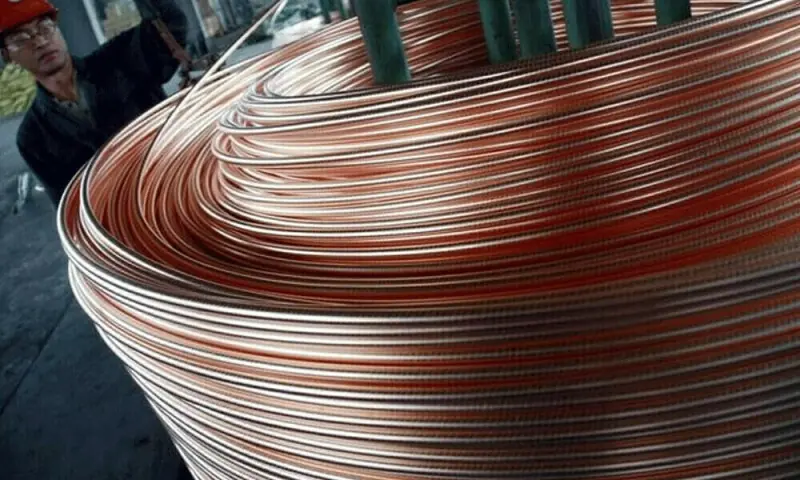By Naida Hakirevic Prevljak
Copyright offshore-energy

Onboard carbon capture and storage (OCCS) could play an important role as an interim measure for shipping decarbonization while alternative fuels are scaled up, it was heard at a recent seminar organized by the International Maritime Organization (IMO).
Emerging as a potential technology to reduce greenhouse gas (GHG) emissions from shipping, OCCS applies carbon capture and storage (CCS) technology directly on ships. It captures CO₂ emissions before they enter the atmosphere, stores them temporarily on board ships and later offloads them for transport for utilization or permanent storage.
CCS itself, which captures CO₂ and stores it safely underground for permanent isolation, is increasingly recognized as a key tool to mitigate climate change.
To explore the latest developments and operational experiences, IMO’s Future Fuels and Technology Project hosted a Technical Seminar on OCCS Systems at IMO Headquarters earlier this month.
“This seminar aims to improve understanding of the latest developments in OCCS technology and its role in decarbonizing international shipping. It will also explore infrastructure readiness, as well as environmental, safety, and human-element considerations,” David Osborn, IMO’s Director of the Marine Environment Division, said.
Presentations covered insights from ongoing projects on ships and safety and operational considerations, including around the delivery of captured carbon in port and its transportation to possible users.
Industry experts shared experiences with technologies installed on ships, discussed innovations like turning CO₂ into limestone and examined lessons learned from large-scale demonstrations. Experts also provided recommendations on how to address current regulatory gaps in IMO’s ongoing regulatory work on OCCS.
“IMO is actively working on developing the regulatory framework enabling the safe and sustainable use of OCCS technology,” Roel Hoenders, IMO Head of Clean Air and Climate Action, highlighted.
He outlined IMO’s plans to develop a regulatory framework for the use of OCCS, including guidelines for the testing, survey and certification of OCCS.
The London Protocol (LP) under IMO is the only international treaty providing a legal framework to regulate and enable the safe injection and storage of CO₂ in sub-seabed geological formations for permanent isolation.
The seminar also called for collaboration as OCCS technology advances as a potential temporary solution that can play a valuable part in global efforts to mitigate climate change.
In related news, the Maritime Technologies Forum (MTF) offered earlier this year key recommendations to consider as the shipping industry looks to adopt onboard carbon capture and storage technology. The report highlights the regulatory and safety considerations for the adoption of onboard carbon capture while also recognizing the importance of developing a secure and scalable downstream carbon value chain and increasing carbon capture system cost-effectiveness.
Carbon Ridge installs industry’s first centrifugal onboard carbon capture system on Scorpio tanker
New study pinpoints opportunities and challenges of OCCS to decarbonize shipping
‘World’s first’ ship with full-scale onboard CCS ready for pilot testing



